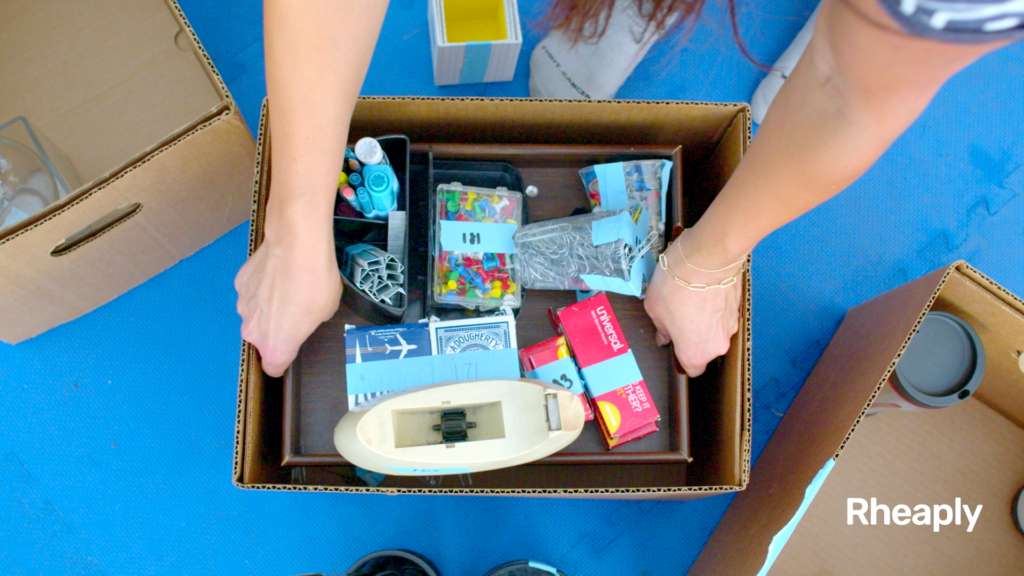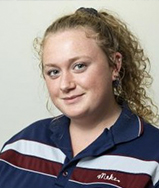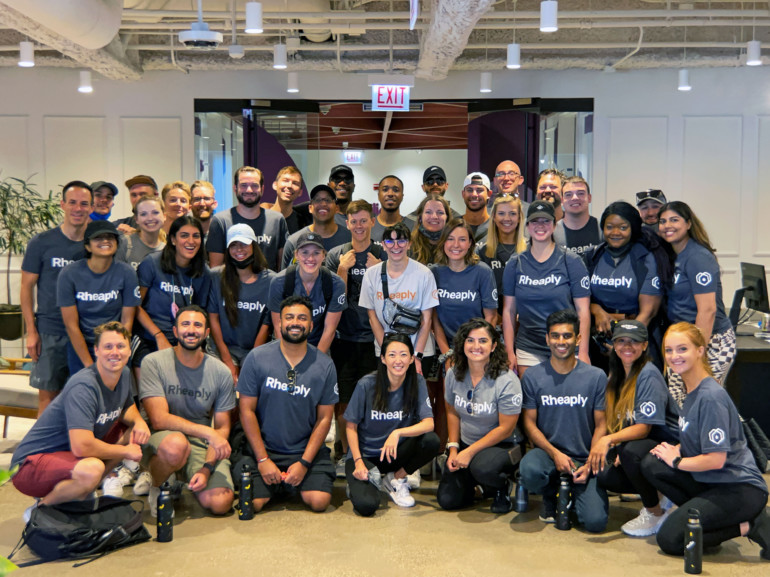Sustainability is one of the many buzzwords used when discussing the climate crisis and mankind’s response to it. It is often seen as an individual’s pledge to do their part when buying clothing or reusable products for the sake of the longevity of the environment. But what does that same mindset look like on the corporate level?
In practicality, companies who aim to build a sustainable business are met with the reality that in order to find success in their practices they need to rework their concept of manufacturing and material waste all together — which is no simple undertaking. That is why organizations like Rheaply, which assists companies in transforming how they source, procure and reuse materials, are the steadfast institutors of the circular economy — in which waste and pollution are lessened in favor of keeping products and materials in use.
Specifically, Rheaply’s circular economic focus is on furniture, fixtures, equipment and reusable building material space. “What that ultimately means is, yes, all of that relates to the built environment, but everything that relates to the built environment is fully controlled by people who are making choices, not just based on whether they think that thing is of value or not, but also what systems they think are available to help them make the best decision possible for [the future of] those items,” said Garr Punnett, Chief Strategy Officer and Circular Economist of Rheaply. “[Which] in theory it’s all possible… but in practice it is far more complicated.”
View this post on Instagram
From Business to Business, and Back Again
The blueprint for the work they do comes from human practice, where materials someone has deemed worthless may have an alternative use elsewhere. The same way neighbors might exchange goods at garage sales or Facebook Marketplace, Rheaply does so between companies.
“So we might have a client that says, ‘We no longer need … these thousand desks or chairs or lighting fixtures. Who can help us?’ Now, unfortunately, that can range to just a service provider … who hauls it out to the trash, but that’s bad. That’s bad because it’s an additional carbon equivalency related to what might be going into landfill and adding to the mess of landfills. That’s bad because it’s a loss of actual value, maybe not to the original organization, but could to someone else. And it’s just a loss of additional [money spent since] they’re already purchasing new stuff [but] they just didn’t have the systems in place to actually get a hold of reused stuff, potentially.”
Crucial to determining what goods still have worth versus those that have run their course is data and testing — such as the “sit test,” where someone physically tests out chairs to see if they are still fit for use. Not only that, but Rheaply also asks companies to take a look at the value of the items they already own, including furniture that might previously exist in their warehouse. This not only saves the landfill, but saves Rheaply’s clients’ money, too. Which could also eat away at the window of procurement time that comes with each transition of materials; something that undoubtedly eases the burden of the supply chain issues in America currently.
“We’re still working hand-in-hand with our clients … [and] they can actually work with us and work with our circular economy solutions team to build the right solution for their enterprise,” Punnett said. “Again, it’s a very hands-on effort for us as a team to be able to not only be working on what that solution could look like internally for them, but then also building the technology and making the connections between distribution centers and store managers, or even the headquarters locations, to make sure that everyone’s communicating appropriately around where these items go when it comes to building that circular supply chain.”

Building a Team That Mirrors the Mission
At Rheaply’s helm is Co-Founder and CEO Dr. Garry Cooper, who at Loyola’s recent Innovators of Social Business Awards — where Rheaply was honored with the Environmental Stewardship Award — stated that the Chicago-based company has “embedded both in our mission and our values and our vision is an endpoint, a valuepoint to sustaining the only planet that we know we can live on.” In addition to this mindset, since the beginning, Dr. Cooper has also married the concept of sustainability with that of inclusion, and built a team that reflected that.
“We very consciously put together our guiding principles of being helpful, transparent, communicative and constructive when we’re building our teams. That’s made us a highly diverse team [with] an abundance of backgrounds, opinions and abilities. The fun thing about being in sustainability, in general, is it’s a fun field to be in because it collects so many different backgrounds,” Punnett continued. “And so I love nothing more than working in an industry that is almost by necessity inclusive. We need more people to be involved in sustainability because the more opinions, the more backgrounds we have the better off we can be on designing solutions that can help tackle the terrible status quo systems that we have.”
Punnett says Rheaply recognizes they may not be the end-all solution to the question. In fact, their work is just as much about building a circular economy community where others may have more tangible solutions as it is about being the solution finders themselves.
“Our goal is to build a more efficient world of making resources more visible, accessible and then build transparency into that system that ultimately raises the value of these resources that we’ve taken for granted.”
More from Better:
- ‘Moms Demand Action’ Continues to Take Up the Fight Against Gun Violence and Political Apathy
- Highland Park Fourth of July Parade Shooting: Remembering the Victims, Supporting Survivors and Ways to Help Stop Gun Violence
- How to Help the Grieving Family of a Murdered Chicago Mother of 8

Margaret Smith is a Chicago-based writer and editor with a passion for socio-political storytelling about their community. They are a graduate of Columbia College Chicago.

